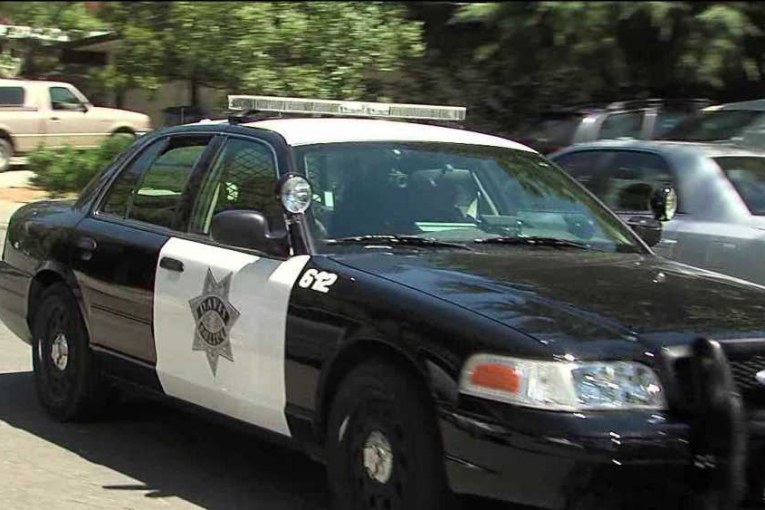

By Zohd Khan
DAVIS — Upon the recent outbursts of anger and repulsion by protestors infuriated with social injustice nationwide, the Davis City council has appointed three Commissions to devise public safety improvements, particularly relating to law enforcement. On Sep. 23, they discussed the idea of social workers accompanying police officers responding to 911 calls.
The initiative calls for a few members from each commission to create their respective subcommittees, where they gather information regarding a specific topic before meeting back together to finalize the report that they will provide to the city council. The expectation is that, following several meetings, they will create a report that will help aid the city council in addressing the direct needs of the people.
The three subcommittees consist of members from the Police Accountability Commission (PAC), the Social Services  Commission (SSC), and the Human Relations Commission (HRC).
Commission (SSC), and the Human Relations Commission (HRC).
On Sep. 23, the subcommittees had one of their first joint meetings. During the meeting, the PAC focused on community outreach as well as addressing the mental health of those arrested, while the SSC covered different models of particular policing and explained how those models would fit in practice. Lastly, the HRC addressed what resources/programs are already available to treat substance abuse, mental health and homelessness.
One major talking point was the relationship between social workers and police, and the different possibilities for dealing with 911 calls given the positive impact social workers can have in urgent situations.
During a presentation from the police department at the meeting, the idea of a social worker accompanying police officers was raised, as social workers are seen as able to defuse situations whereas police may only escalate. This idea, which has been occasionally implemented in practice, is meant to relate specifically to conditions where the caller is experiencing mental distress, and can easily be agitated if not treated properly.
Near the meeting’s end, a social worker for Communicare shared a conversation with HRC member Sheila Allen. According to Allen, the worker believed the aforementioned proposal made the right step, but they suggested it be even better to have a social worker included in the phone call initially rather than being requested later on during an incident. This would offer social workers and policemen a sense of familiarity.
Another mentioned alternative was to have social workers respond to incidents by themselves. The reasoning, per Allen’s source, was that “often, in a town of our size, it’s somebody who’s already part of the system, and that we know about.” Once again, familiarity is attributed to playing a crucial role in these 911 calls, since the first responders may feel more confident working with callers that they recognize. However, Allen’s source emphasized how this approach is only preferable if they were familiar with the caller.
Allen’s source further explained how, based on their experience, if social workers and policemen are to go to a call together, “it’s often clear who needs to be the initial lead” since the priorities change based on the situation. This implies that sometimes the social workers must take initiative to placate the subject of the call, while police are expected to inquire and conduct an investigation.
It’s essential to note that although social workers help provide emotional support during these emergencies, there is one alarming flaw: unavailability.
Allen’s source mentioned how social workers are sometimes unreliable in comparison to police since the police are active 24/7, whereas some social workers’ office hours do not extend into the night. This means that emergency callers will not receive assistance from social workers for any nighttime emergency, whether it be a drug overdose or home invasion.
One public reaction to this discussion came at this Thursday’s HRC meeting, where local resident Connor Gorman expressed his approval for the model where solely social workers attend incidents, with police only arriving if needed.
Overall, the general attitude towards the initiative amongst the members of the HRC meeting was a mix of appreciation and confusion. Some believed that although the initiative was fueled by good intent, it was counterintuitive to have the sub-committees work separately if the entire purpose of the process was to engage different perspectives into the fight against social injustice.
Nevertheless, this entire process can be seen as a step in the right direction for improving the safety of Davis residents. As Davis Mayor Gloria Partida noted, “Giving people the opportunity to show up at these meetings, and having people think about the issue is really important.”
Support our work – to become a sustaining at $5 – $10- $25 per month hit the link:
